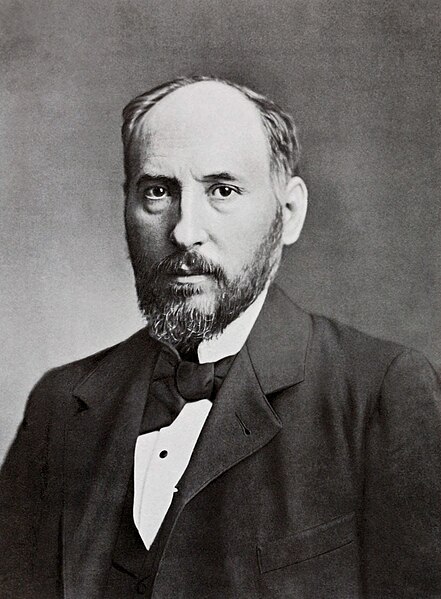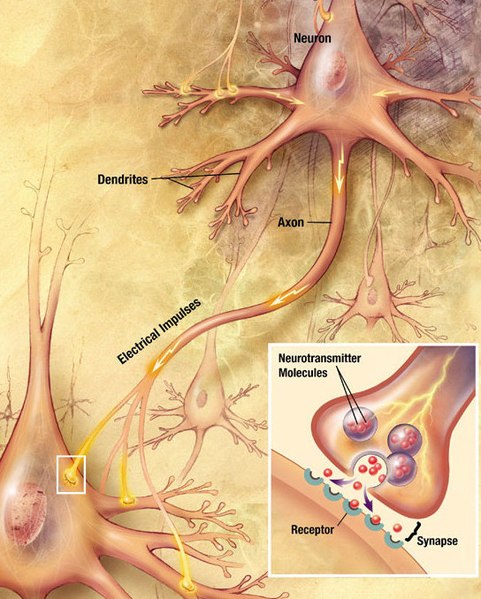In neuroscience, long-term potentiation (LTP) is a persistent strengthening of synapses based on recent patterns of activity. These are patterns of synaptic activity that produce a long-lasting increase in signal transmission between two neurons. The opposite of LTP is long-term depression, which produces a long-lasting decrease in synaptic strength.
Long-term potentiation (LTP) is a persistent increase in synaptic strength following high-frequency stimulation of a chemical synapse. Studies of LTP are often carried out in slices of the hippocampus, an important organ for learning and memory. In such studies, electrical recordings are made from cells and plotted in a graph such as this one. This graph compares the response to stimuli in synapses that have undergone LTP versus synapses that have not undergone LTP. Synapses that have undergone LTP tend to have stronger electrical responses to stimuli than other synapses. The term
The 19th century neuroanatomist Santiago Ramón y Cajal proposed that memories might be stored across synapses, the junctions between neurons that allow for their communication.
The Morris water maze task has been used to demonstrate the necessity of NMDA receptors in establishing spatial memories.
In the nervous system, a synapse is a structure that permits a neuron to pass an electrical or chemical signal to another neuron or to the target effector cell.
The synapse and synaptic vesicle cycle
Major elements in chemical synaptic transmission





